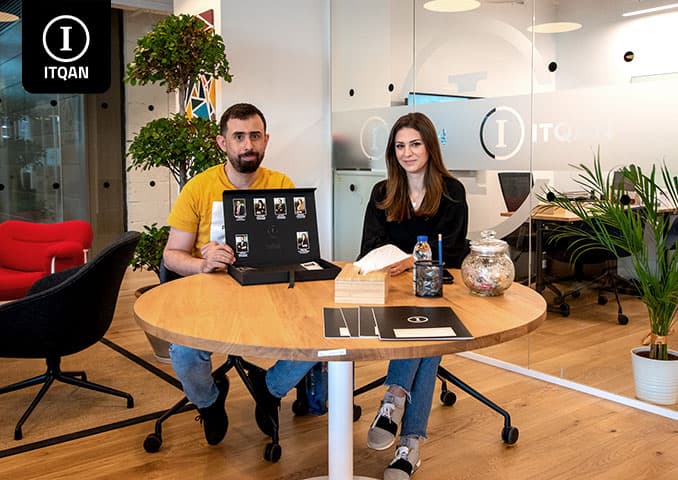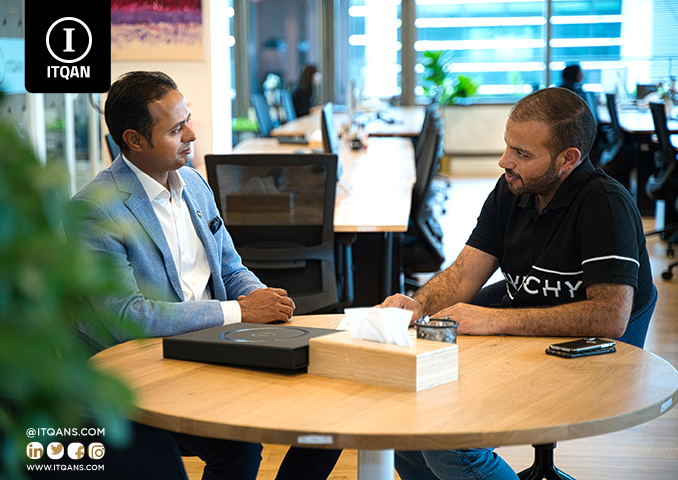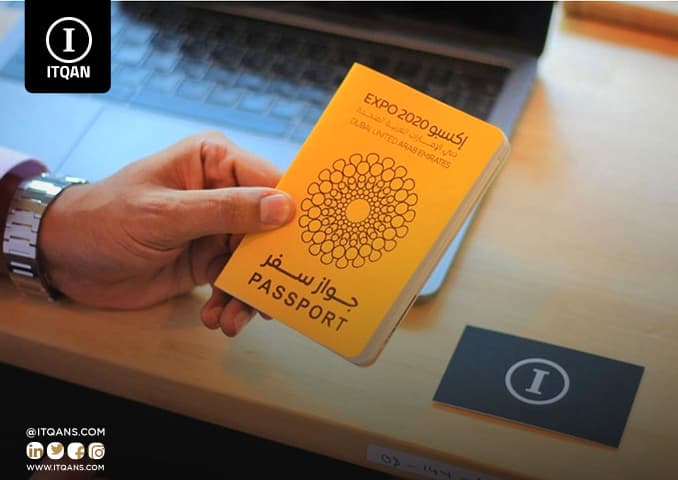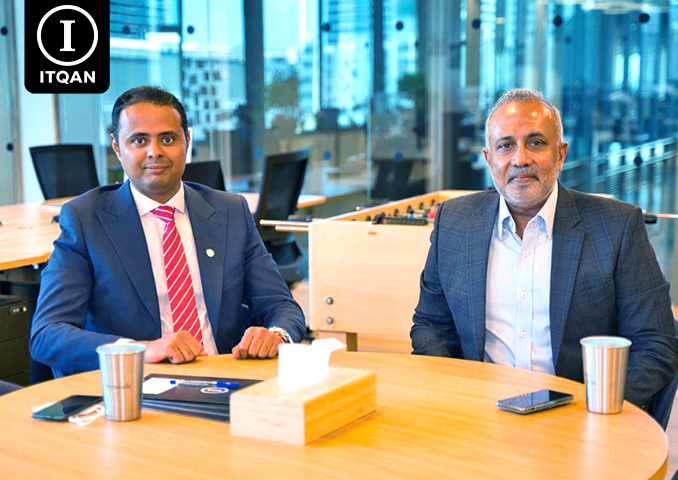Dubai is one of the best investment destinations in the world, providing a distinct business environment that offers investors wide opportunities to achieve success. Among the available options, free zones are the ideal choice for those wishing to establish their companies with full ownership without the need for a local partner. Therefore, it is necessary to know the conditions for establishing a company in the free zone in Dubai to ensure that the procedures run smoothly and comply with legal regulations. The free zones in Dubai offer many advantages such as tax exemptions, easy transfer of profits, and advanced infrastructure, making them an attractive environment for investment. In this article, we will highlight the conditions for establishing a company in the free zone in Dubai to help you make the right decision and launch into the business world with confidence.

Conditions for establishing a company in the free zone in Dubai
The conditions for establishing a company in the free zone in Dubai depend on the type of business activity and the requirements of the selected free zone, but they include some basic conditions that must be adhered to. The investor must determine the type of business activity he wants to practice, whether it is commercial, industrial, or service, as the nature of the activity affects the type of license required. Choosing the right free zone is important, as each free zone provides different advantages based on the economic sectors it supports. Submitting the required documents, such as a copy of the passport, business plan, and company articles of association, is an essential step to obtain official approvals. The company must have an official headquarters within the free zone, whether an office or a warehouse, according to the requirements of the Free Zone Authority. Opening a commercial bank account in one of the approved banks in the UAE is a necessary requirement to manage the company’s financial operations. The minimum capital requirement must also be met, which varies depending on the type of activity and the chosen free zone. After completing these requirements and obtaining the necessary approvals, the commercial license is issued, allowing the company to start its business within the free zone and benefit from the available investment benefits.
Documents required to register a company in a free zone
Registering a company in a free zone in the UAE requires the submission of a set of basic documents to ensure compliance with local laws and expedite the licensing process. Requirements vary slightly depending on the selected free zone, but there are key documents that most authorities require.
Documents required to register a company in a free zone:
A copy of the passport of the founders, shareholders and directors.
A copy of the residence visa or entry stamp to the UAE (if applicable).
A no-objection certificate from the current sponsor (if the investor is a resident of the UAE).
A detailed business plan outlining the nature of the business activity and the objectives of the company.
A company registration application form issued by the selected free zone authority.
The company’s articles of association and memorandum of association duly certified.
Proof of the office address or headquarters of the company within the free zone.
Passport-sized photographs of the shareholders and directors.
A bank recommendation letter or a recent bank statement for shareholders (in some free zones).
Additional approvals from the relevant authorities depending on the type of business activity.
Cost of establishing a company in a Dubai free zone
The cost of establishing a company in a Dubai free zone varies based on several factors, including the type of business activity, the selected free zone, and the size of the company. Costs include a one-time company registration fee upon incorporation, as well as a commercial license issuance fee that varies depending on the type of business activity. There is also the cost of renting an office or workspace within the free zone, with multiple options available to suit the needs of startups and large companies.
Other costs include visa fees required for investors and employees, which vary depending on the number and type of visas required. Some free zones may also require a minimum capital, which must be deposited into the company’s bank account. In addition, some free zones may charge annual renewal fees, including commercial license renewal, office rent, and administrative service fees.
The cost can also be affected by additional services that the company may require, such as accounting services, legal advice, and marketing. Therefore, it is best to inquire directly with the selected free zone to get an accurate estimate of costs based on the company’s needs and requirements.

Top FAQs about setting up a company in a Dubai free zone
Can foreigners own 100% of a company in a free zone?
Yes, Dubai free zones allow foreigners to own a company completely without the need for a local partner.
What are the main advantages of setting up a company in a free zone?
Include tax exemptions, no restrictions on repatriation of profits, ease of company formation, and no need for a local partner.
What types of licenses are available in a free zone?
Include commercial, industrial, service, media, educational, and technological, depending on the nature of the activity.
Can a company be set up in a free zone without a physical headquarters?
Yes, some free zones provide virtual offices and flexible work solutions without the need for a physical headquarters.














